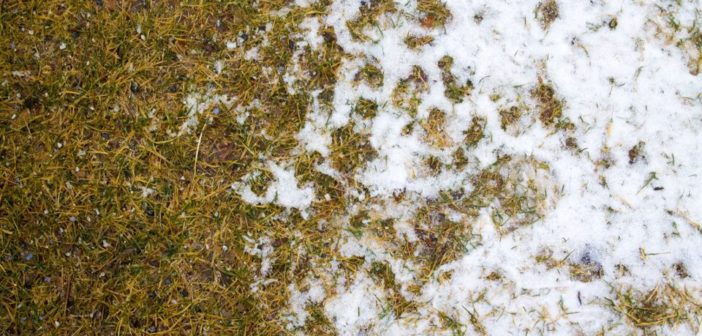After experiencing severe tropical weather patterns in the Southeast this past summer, those in the Midwest are now faced with enduring extremely cold temperatures. This season’s winter weather has shifted erratically from below zero temperatures to springtime showers.
“Just as climate change makes tropical storms more intense, it makes winter storms more intense,” said Dr. Erin Bergren, visiting assistant professor of environmental and interdisciplinary studies.
But are these inconsistent winter conditions just normal weather patterns, or is it related to an overall changing climate?
“Climate change is the change in our long-term weather patterns that we observe throughout the Earth’s climate system,” said Dr. Paul Bloom, associate professor of physics. “Because climate is a statistical statement about weather, it is extremely difficult to attribute a single weather event to climate change.”
Along with these bouts of extreme cold in the East, the West is faced with hot weather patterns that have led to countless droughts and wildfires. According to Bergren, these weather conditions are connected by a pattern known as the North American Winter Dipole, “where the West of the continent gets warmer-than-average weather and the East of the continent gets very cold weather, driven by Arctic air carried south by the jet stream.”
According to Dr. Bloom, global warming causes this jet stream to move around more, allowing for loops of the jet stream to dip south and cross the Midwest, causing there to be a significant drop in temperatures.
“Even though we are getting more very cold days because of these loops in the jet stream, on average, we are getting milder winters, which you can see by looking at precipitation,” said Dr. Bloom. “We get less snow on average and more rain, and when we do get snow, it melts sooner rather than later.”
Stable weather patterns no longer exist. These extreme conditions will occur more frequently and with greater severity, and the climate continues to warm due to the increased production of greenhouse gases. “We know what we need to do – the science is clear,” said Dr. Bloom, “we just need to have the will to do it.”

